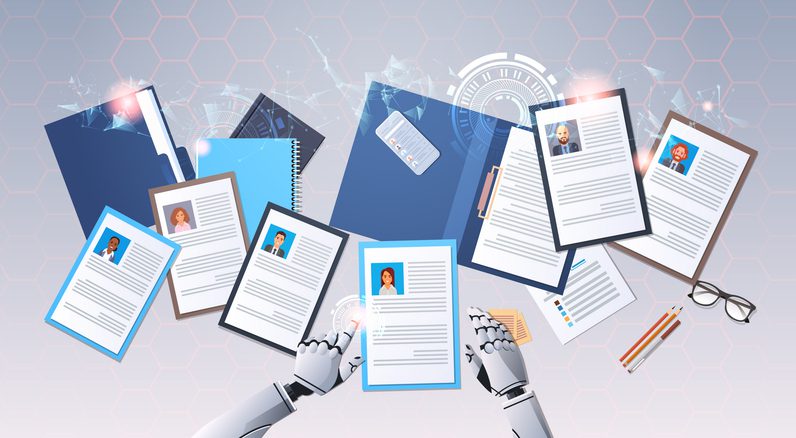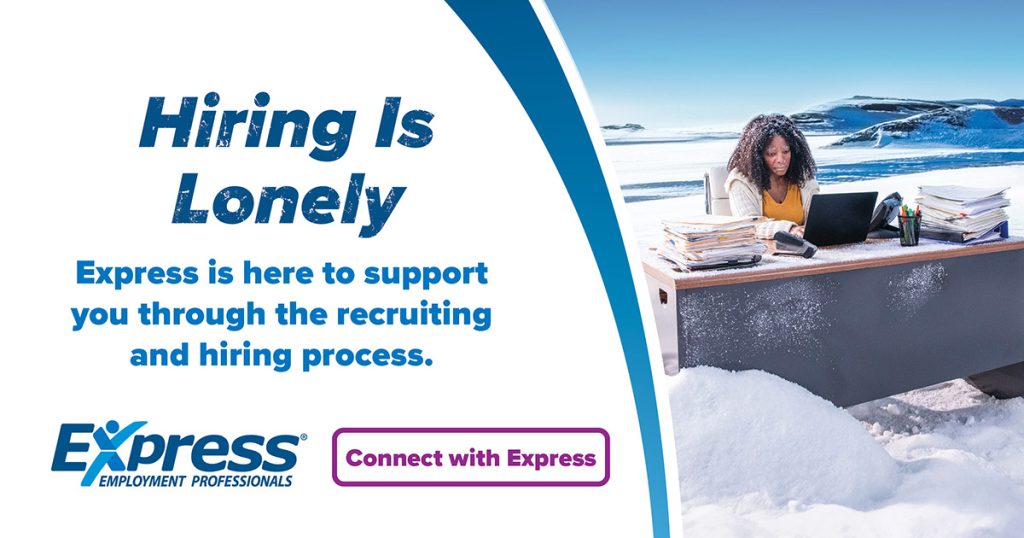
When artificial intelligence makes the call, does hiring bias exist? Research says it’s possible. Machine learning and algorithms are only as good as the data they’re operating with, and when that data is influenced by bias and a lack of context, it can create an unending cycle, putting demographics of job seekers at risk for negative effects.
An international Hiring Benchmark Report by Criteria shows only 12% of hiring professionals use AI in their recruiting or talent management processes, and 11% plan to prioritize expanding their AI usage this year. Surveys by JobScan show more than 98.8% of Fortune 500 companies utilize applicant tracking systems (ATS).
AI can impact hiring and recruiting processes by reducing the need for manual review of resumes and job applications, forecasting performance, and more. Hiring decision-makers in the U.S. and Canada believe AI will positively influence their company’s hiring and recruiting efforts, according to an Express Employment Professionals-Harris Poll survey, by:
- Analyzing resumes and cover letters (59% U.S.; 48% Canadian)
- Predicting job performance (55% U.S.; 44% Canadian)
- Performing facial analysis in interviews to evaluate a candidate’s engagement (54% U.S.; 41% Canadian)
While AI regulations are limited, in the U.S., the Equal Employment Opportunity Commission provides guidance to prevent discrimination when companies use AI for hiring, and Canada’s Artificial Intelligence and Data Act created temporary standards for companies to use AI responsibly.
While companies may reap the benefits of using AI to improve their processes, job seekers aren’t convinced that these advancements come without bias, as some believe AI is more biased than humans, according to an infographic by the American Staffing Association.

To provide accurate and timely employment forecasts for business leaders, Express Employment Professionals commissions an ongoing Job Insights survey to track employment and hiring trends across a wide range of industries. The Job Insights survey was conducted online within the United States by The Harris Poll on behalf of Express Employment Professionals between June 13 and June 26, 2023, among 1,010 U.S. hiring decision-makers. The Job Insights survey was conducted online within Canada by The Harris Poll on behalf of Express Employment Professionals between June 8 and June 22, 2023, among 507 Canadian hiring decision-makers.

Last Updated on February 25, 2025